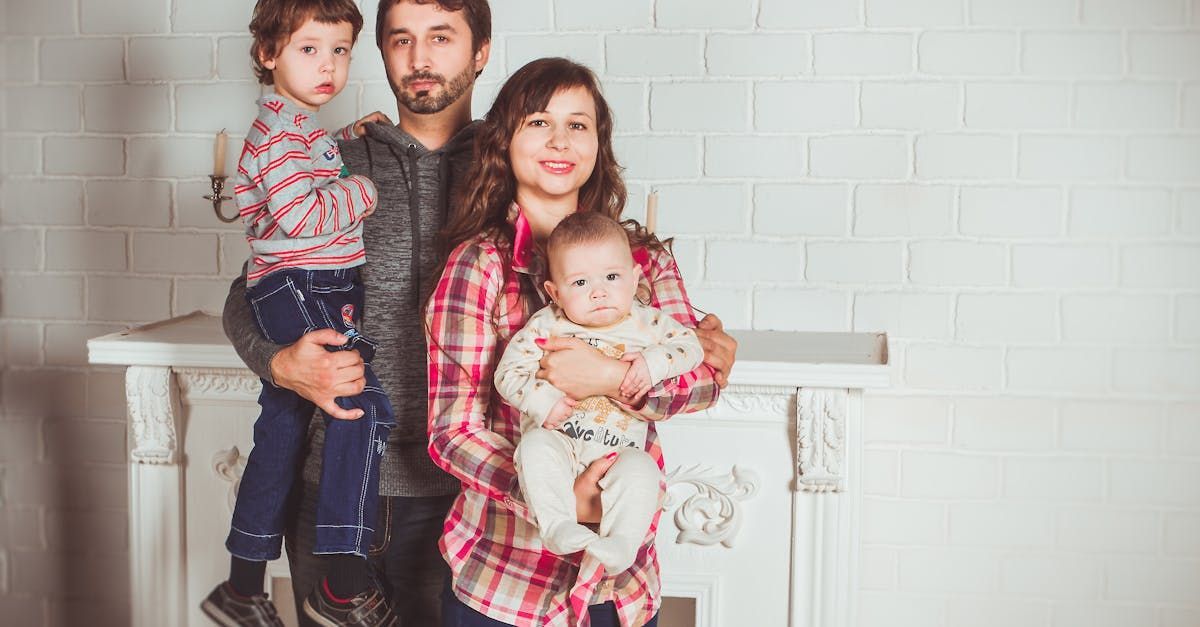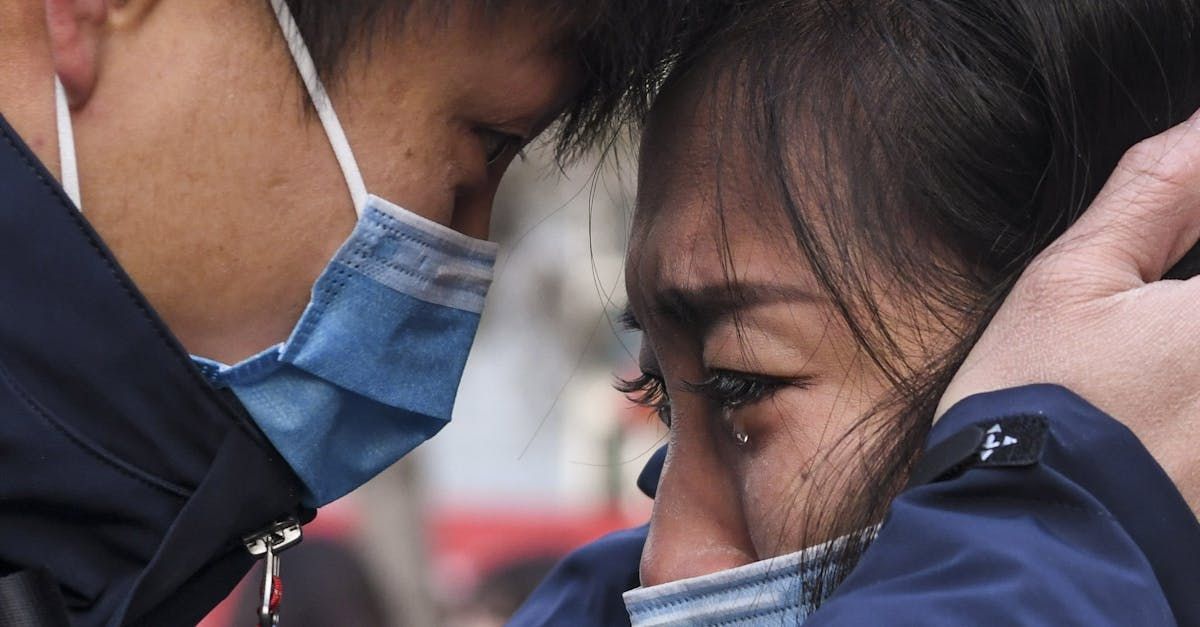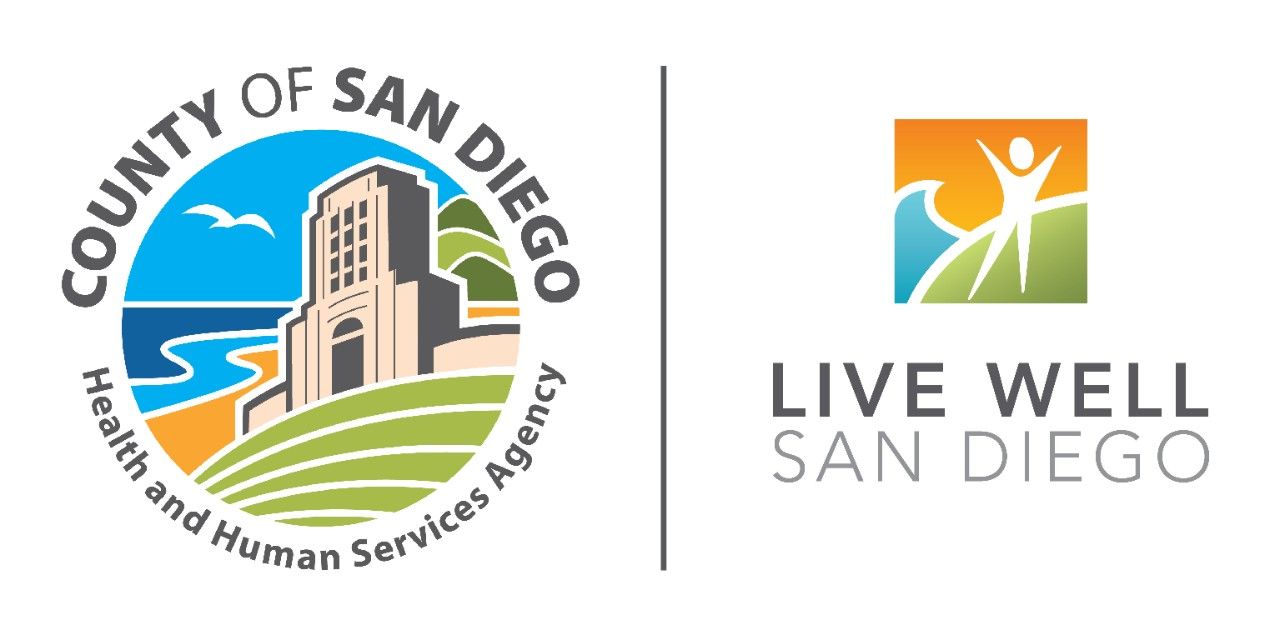Resident Story: Coltin S.
I would like to express my gratitude and appreciation to Pathfinders and the amazing staff that makes it all possible. Pathfinders were there for me when I had no one else to turn to and in serious trouble. They provided me with not only a safe space and roof over my head but a healthy environment to get away from my old friends and my old lifestyle. I had knowledgeable people to talk to and down-to-earth counselors to give me great advice and make me feel like I was part of a family. As much as I tried, I could not break my old patterns on my own, but this was something different. Honestly, I was a little bit apprehensive at first and had a hard time admitting I was an alcoholic and a drug addict, and to sum it up.. helpless. I was introduced to the 12 steps and a sponsor who helped me understand and navigate these steps. I quickly adopted a new routine consisting of structure and punctuality. Not being a morning person, it was quite a change. I was waking up before the sunrise and doing my chores which was something I could never accomplish on my own. During our group sessions, we would plan our days from waking up to the time we went to sleep. This helped me tremendously. I was given just enough time and freedom to slowly readjust to normal life and before I knew it, I had a job and my family wanted me in their lives. Next thing I knew covid 19 hit the world like a ton of bricks. I lost my job, and the world was in chaos. People I knew who previously had their lives together were now alcoholically drinking and acting like the world was coming to an end. Thankfully, I had the tools I learned at Pathfinders and the people around me to keep me on the right track. During all of this, I was dealing with a serious court case. The pathfinder’s staff made sure to get my progress reports to the right people and always reassured me I was in good hands. It was not easy but I knew I had no other choice. I had to stay sober, and I could not let myself or anyone else down. I felt nothing but love and encouragement from the staff and my fellow pathfinders. Once completing the Pathfinder program, I easily transitioned to their onsite sober living facility. I recommend this program and the staff to anyone who wants to get sober and stay sober. Pathfinders are the real deal.






